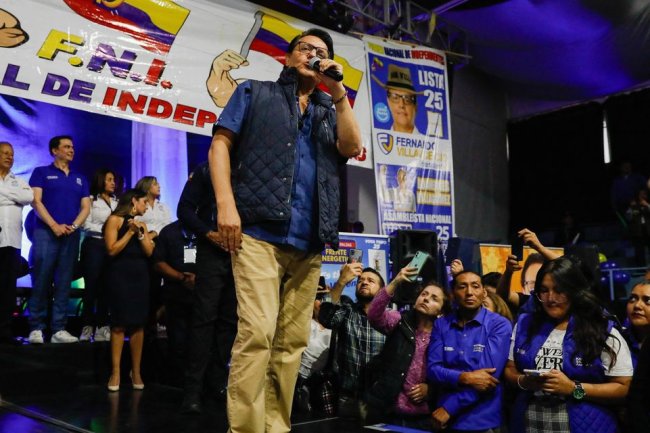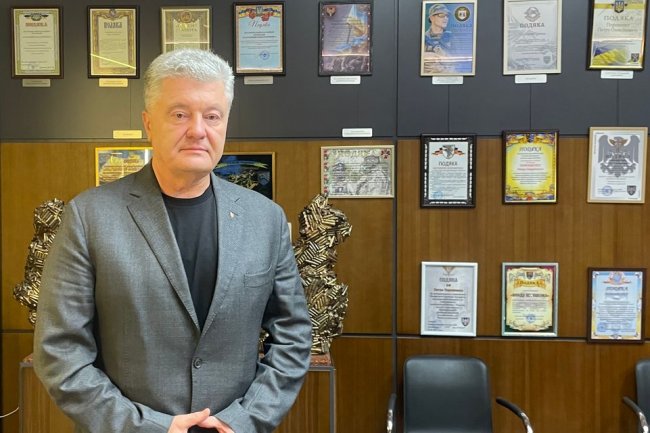AI Is Hollywood’s Fake Villain
It will make actors richer but first must take the blame for their stupid strike. By Holman W. Jenkins, Jr. Aug. 1, 2023 6:38 pm ET A protest sign in New York, July 25. Photo: Niyi Fote/Zuma Press Because the Hollywood unions stumbled into a strike that will likely end badly for all, they’ve belatedly needed to raise the stakes to cover up their folly. Sampling the zeitgeist in a typically shallow fashion, they find the answer in the panic du jour: artificial intelligence. Barely mentioned in the lead-up to the strike, AI now is on every lip. “Breaking Bad” actor Bryan Cranston, at a recent New York City rally, thundered in the general direction of Disney chief Bob Iger: “Mr. Iger . . . we will not have our jobs taken away and given to robots.”


A protest sign in New York, July 25.
Photo: Niyi Fote/Zuma Press
Because the Hollywood unions stumbled into a strike that will likely end badly for all, they’ve belatedly needed to raise the stakes to cover up their folly. Sampling the zeitgeist in a typically shallow fashion, they find the answer in the panic du jour: artificial intelligence.
Barely mentioned in the lead-up to the strike, AI now is on every lip. “Breaking Bad” actor Bryan Cranston, at a recent New York City rally, thundered in the general direction of Disney chief Bob Iger: “Mr. Iger . . . we will not have our jobs taken away and given to robots.”
In the real world, writers of every description, including Hollywood writers, are already happily using AI to increase their productivity.
In the real world, actors will be thrilled to marshal their digital likenesses to increase their earnings without having to show up on a set. Even more thrilled will they be when they realize it’s how they will tap promising new interactive opportunities.
In a nation of laws, studios can’t take digital likenesses without compensation. And actors by now are clued-in enough not to sign bad deals. To make their case, the unions have been reduced to a lie, saying the studios have demanded perpetual digital rights to low-paid “extras.” Actually, the studios seek digital rights related only to the one show or movie the extra was paid to appear in.
The strike is such a bad idea, the myth-weaving can’t stop. The left-wing Guardian newspaper inflates the actors and writers into humanity’s vanguard against the AI dictatorship. Unfortunately, this insanity can’t paper over a fundamental problem: the tenuous solidarity between most union members, who are dabblers making less than $10,000 a year, and the name-brand talent like Mr. Cranston who have little practical use for the union. They negotiate their own terms through agents.
Maybe this explains a lacuna in every glowing profile of union boss Fran Drescher. Missing is the scene where she and colleagues are seen weighing the risks of a strike before embarking on it. Instead, a cause célèbre has been made out of a nameless studio exec quoted by a website saying the strike might last until union members “start losing their apartments and losing their houses.” Well, yes. Union leaders usually think hard about unholstering a gun that inevitably is aimed partly at the membership’s own head.
Read More Business World
- Hunter Biden Is a Geopolitical Disaster July 28, 2023
- Only Biden Can Elect Trump in 2024 July 25, 2023
- Hollywood Strike’s Big Risk Is a ‘Nanny’ Without a Plan July 21, 2023
Launching a walkout at the moment studios were most desperate to cut content costs and reduce their streaming losses was not a gifted bit of decision-making. On the weekend, Barron’s reported that analysts now see permanently lower content costs emanating from the strike.
A few things, though, have been clarified. If you thought Hollywood types were prone to pontificating on subjects they know nothing about, you may now think they know nothing about their own interests.
If you suspected celebrities outbid each other in exhibitionist sanctimony, this appears to have been the precise force that propelled them into an ill-advised strike.
The actors see a zero-sum battle between workers and the pockets of industry CEOs, as if CEOs are bargaining with their own money, not on behalf of shareholders.
This is exactly not what’s happening. CEOs don’t give a flick about what actors and writers make, they care about the stock going up, which can happen only with happy consumers and streaming starting to break even.
The actors are seeking a 20% increase in minimum pay over three years; the studios are offering 13%. Which side is right? Neither. It’s a business negotiation. But it’s also not a one-off like a house sale. In the end, actors, writers and studios need each other to maintain a thriving industry that creates opportunity for all.
But the unions’ biggest villain is—wait for it—Disney’s Mr. Iger for suggesting in a TV interview the unions were being “not realistic.”
They would have been less offended if he accused them of abusing puppies. And yet Disney, along with Paramount and Warners, is closest to the actors and writers in attachment to the traditional business. Netflix shares are up since the walkouts began in May, and Apple and Amazon, with their giant main businesses, have barely noticed the strike.
No wonder the non-clueless are pining for the powerbrokers of old, a Lew Wasserman or Jack Warner, who could impose a solution. Today’s savior might be a Tom Cruise, quietly recognizing that the unions have shot themselves in the foot. It might be Gov. Gavin Newsom, who could fix the Hollywood strike and then march on Washington to save his party from its 2024 Biden captivity.
Hollywood blundered into today’s mess, but the episode opens our eyes to important matters. Hollywood is part of a megatrend of the content industries coming to terms with the algorithm. So are the news media. But have a little faith in technology. At some point the genius of artificial intelligence will be turned to helping us sift meaning from cultural sludge rather than simply to produce the sludge.
With streaming disrupting the economics of the TV and film industries, it doesn’t help to alienate your audience with political posturing like Disney has with its refashioning of classic fairy tales including the upcoming 'Snow White.' Images: Disney/Shutterstock/Bloomberg News/Getty Images for CAA Composite: Mark Kelly The Wall Street Journal Interactive Edition
What's Your Reaction?













